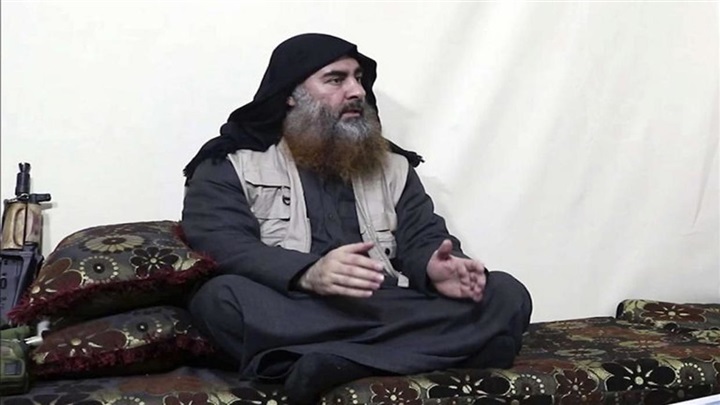US shuttle tour from Europe to Asia to combat terrorist threats

The United States continues to intensify efforts to combat
international terrorist threats. From November 18 to 21, US Counterterrorism
Coordinator Nathan Sales will visit the Belgian capital Brussels, the
Philippine capital Manila, and the Dutch city The Hague to discuss a number of
initiatives focusing on countering terrorist threats in Europe and Southeast
Asia.

State Department spokeswoman Morgan Ortagus said that Sales will meet in Brussels with members of the European Parliament to discuss the terrorist activities of Iran and Hezbollah in Europe and around the world, while at The Hague he will discuss racially motivated crimes of terrorism and the return of foreign terrorist fighters. In Manila, he will meet with national security and counterterrorism officials to discuss information sharing and efforts to combat terrorist financing in the region.

Why these countries?
The United States is focused on providing support to countries with terrorist groups as part of joint counterterrorism efforts. In the Philippines, a number of terrorist groups are widespread, including Ansar al-Khilafah, which was founded in 2014 and had previously sworn allegiance to ISIS. It is considered one of the most violent terrorist groups there, in addition to the Abu Sayyaf group, which was founded in 1991 by Abdurajak Abubakar Janjalani and had been associated with the terrorist organization al-Qaeda. There is also the Maute group, established between 2012 and 2013, which is an armed organization seeking to establish an Islamist country.
The Philippines is a major destination for terrorist groups due to its geographic nature, as it consists of more than 7,600 islands. In July 2018, Washington provided a grant of $26.5 million to law enforcement agencies in the Philippines, as well as equipment and training of relevant staff to increase the ability of the agencies to prevent terrorist operations. The United States also intends to provide support to the Philippines for the investigation and prosecution of terrorism cases.
Belgium is one of the European countries that have been most subjected to terrorist attacks in recent years, from 2014 to 2017, during which ISIS has targeted train stations and airports. The country has seen many of its citizens join the organization in Syria. In addition, the terrorist organization Sharia4Belgium was founded on March 3, 2010 with the aim of creating a government based on Sharia.
As for the Netherlands, it also has suffered from terrorist operations, which prompted the authorities to intensify their efforts to counter ISIS and to join the international coalition fighting the terrorist organization. A jihadist cell known as the Hofstad Group, or Hofstad Network, was founded in 2002 and adopts the takfirist ideology. It is classified as one of the most prominent terrorist groups in the country.

Reason for the US orientation
Ali Bakr, a researcher specializing in Islamist movements, explained that the American tour comes at a time when Washington is seeking to expand its strategies in the fight against terrorism, especially after the killing of former ISIS leader Abu Bakr al-Baghdadi, and to classify a number of entities and people on the terrorism list, some of them from al-Qaeda and others from ISIS.
Washington's selection of these three countries comes precisely because of fears of the escalation of the phenomenon of terrorism in these countries, especially the Philippines, Bakr pointed out in statements to the Reference. The European countries, meanwhile, represent a kind of stimulus to activate European partnership with Washington to counter terrorism, which is widespread in large parts of the world and no longer confined to the Middle East. Therefore, other regions now pose a threat to international security and stability.
Bakr added that the United States is making a lot of efforts to address the issue of terrorism, which is now a complex and interrelated phenomenon that is difficult to eliminate in a short time. Hence, there must be genuine international cooperation in order to confront terrorists, but based on two pillars, namely intellectual confrontation as well as military.





